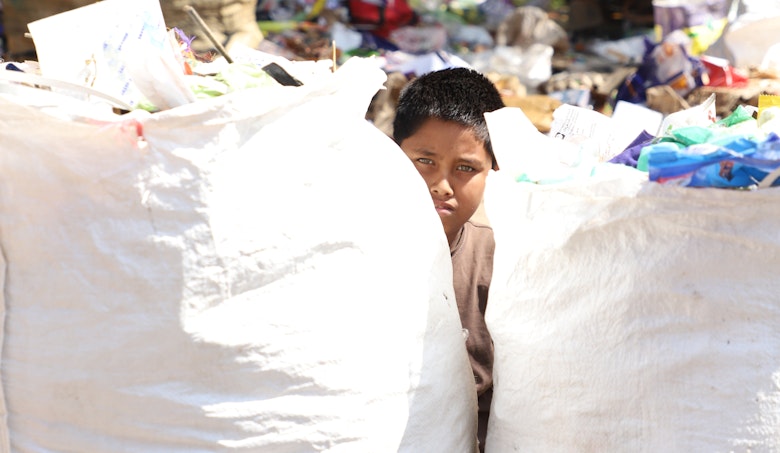MISS-Collect
In India, 12% of children (aged between 5-14 years) are engaged in hazardous child labour activities, including waste picking. We address child labour in the waste collection community by incorporating children, women, corporates and people into the solution. Children access child-friendly formal and informal learning institutions, mothers increase their economic capabilities through sustainable livelihoods. People and corporates also contribute and invest in the solution.
Anne Priya
Project Officer
Background
In India, 12% of children (aged between 5-14 years) are engaged in hazardous child labour activities, including waste picking. Bangalore is one of the largest hubs for waste collectors with 68% of waste collected by municipal authorities. The remaining is left for scavenging by waste collectors. Further, Bangalore is also a preferred destination for thousands of unskilled migrant workers from other parts of India who migrate with their families.
The children are involved in waste-picking work in hot and humid conditions with unsafe surroundings, which has an adverse impact on their health. Their living conditions are poor and unhygienic which leads to the children contracting numerous infectious diseases. Being a migrated population, there is a language barrier which leads to school dropouts and in a few cases, the children never attend school and start working as waste collectors at a tender age. Being out of school, their risk to abuse increases.
Goals
- To eradicate child labour in the waste picking in the 4 slums of Bangalore.
- To ensure improved and sustained access to mainstream formal education
- To create sustainable and decent working opportunities for financial stability for the families of children

